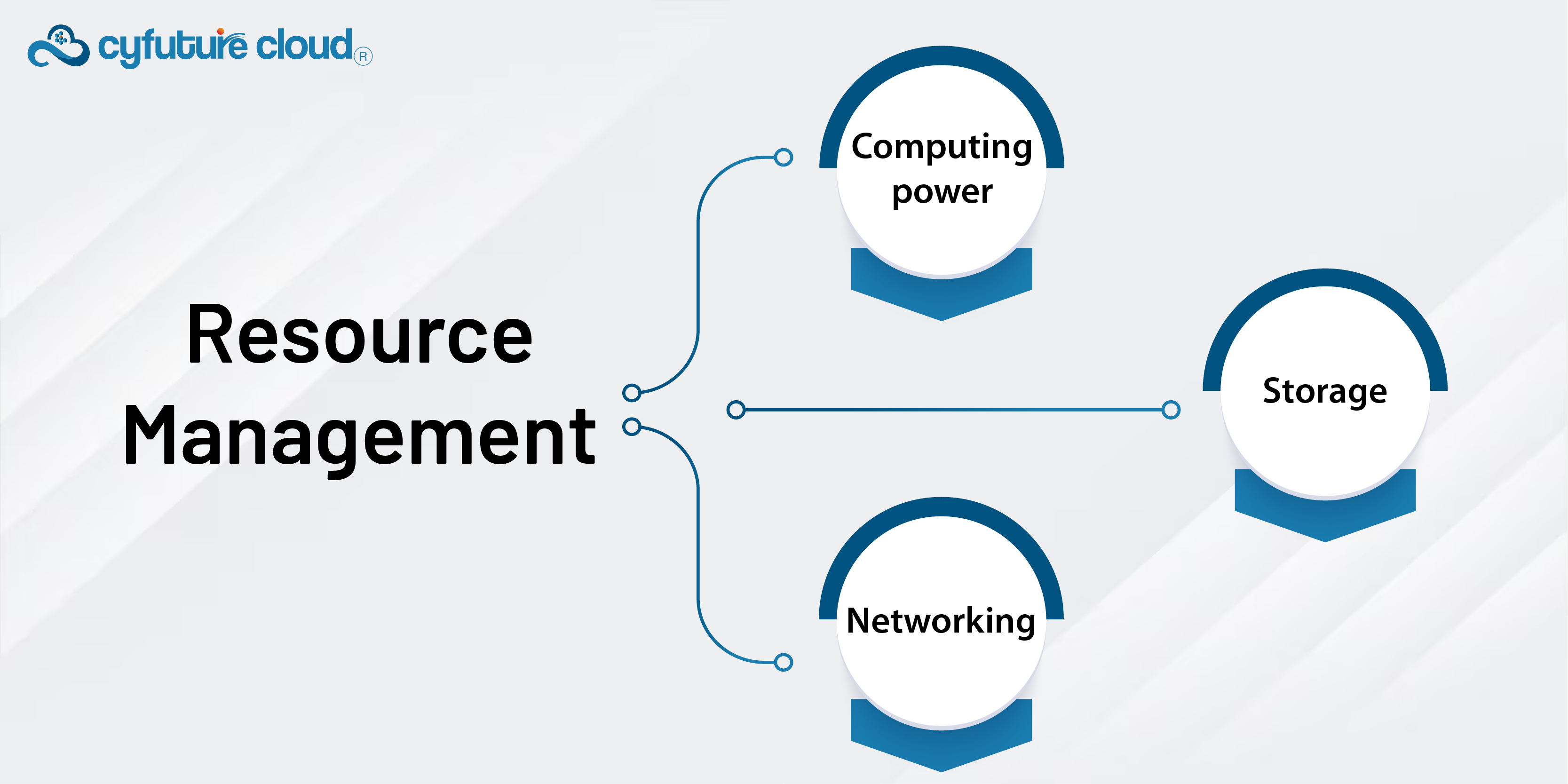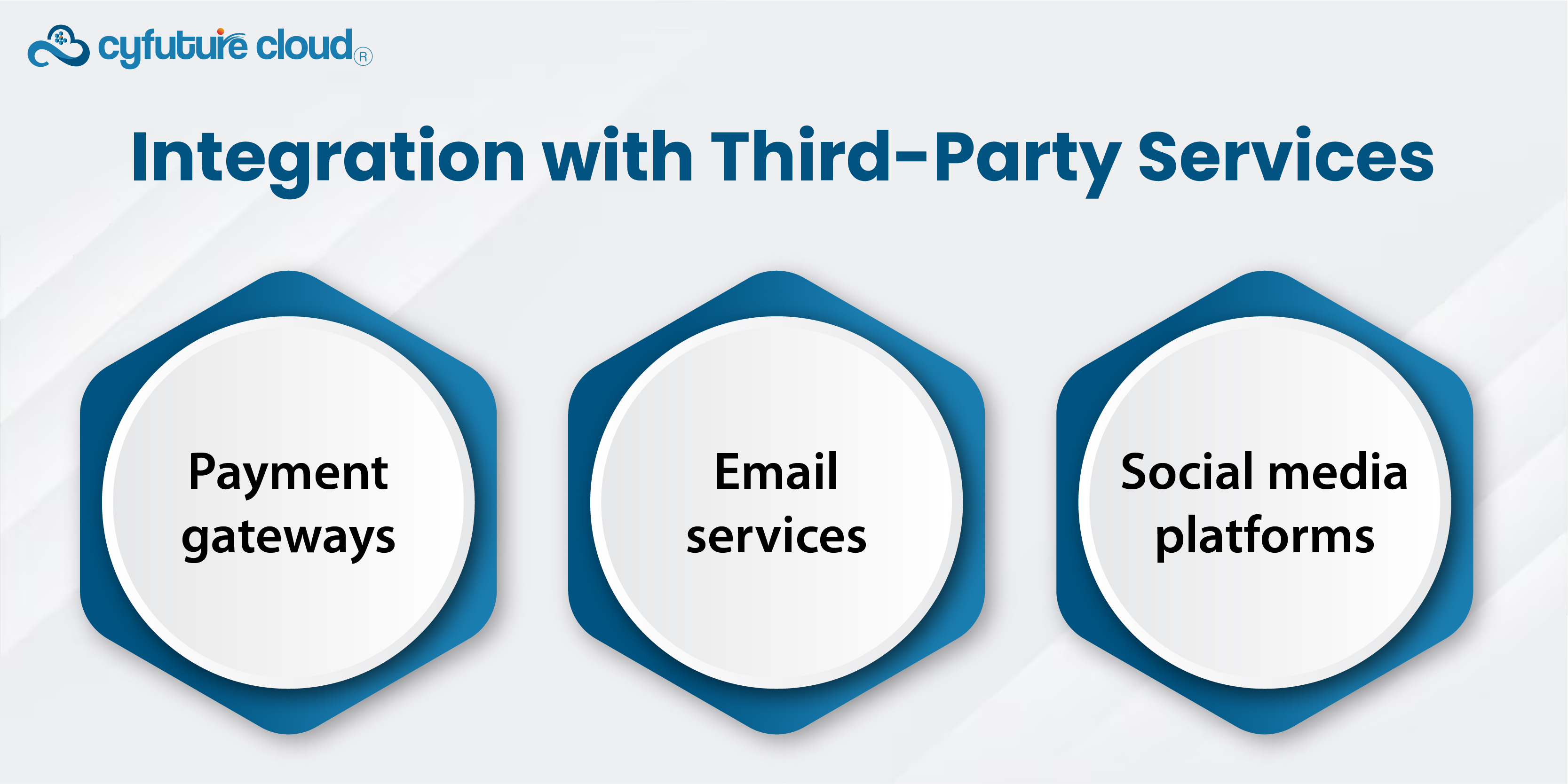 Server
Colocation
Server
Colocation
 CDN
Network
CDN
Network
 Linux Cloud
Hosting
Linux Cloud
Hosting
 VMware Public
Cloud
VMware Public
Cloud
 Multi-Cloud
Hosting
Multi-Cloud
Hosting
 Cloud
Server Hosting
Cloud
Server Hosting
 Kubernetes
Kubernetes
 API Gateway
API Gateway

Application Programming Interfaces (APIs) play an important role in cloud services. It facilitates seamless interaction between different software applications. They enable:
- Integration of various functionalities
- Streamline operations,
- Enhance the capabilities of cloud servers.
Let's delve into the multifaceted uses of APIs in cloud services and their impact on modern computing.
API is a defined system of protocols that enables two or more applications to integrate interactively. It specifies how software components should interact. Thus enabling data exchange and functionality between systems. In cloud services, APIs provide the means to interact with cloud servers and their resources.
Let's have a quick look at the uses of APIs in cloud servers:

APIs are widely used to perform tasks in cloud services and connect other services to execute them. It is done by getting it to complete routine work on its own without the involvement of a human being. For example, APIs can:
- Automate the deployment of applications
- Management of cloud resources
- Configuration of environments
On the other hand, orchestration involves coordinating multiple automated tasks to achieve a larger workflow. It can include complex operations like:
- Scaling applications based on demand
- Managing load balancers
- Integrating various cloud services seamlessly
APIs are vital for managing resources in cloud servers. They enable users to interact with the cloud provider’s infrastructure. Thus allowing for the dynamic allocation and management of resources like:
- Computing power
- Storage
- Networking
For instance, APIs allow users to:
- Provision of new virtual machines
- Configure storage options
- Manage network settings programmatically
This level of control ensures that resources are used efficiently and can be scaled up or down based on the application's needs.

Cloud servers often need to interact with external services and applications. APIs facilitate these integrations by providing standardized methods for different systems to communicate. For example, a cloud-based application might use APIs to integrate with:
- Payment gateways
- Social media platforms
This interoperability is crucial for building comprehensive solutions that leverage various third-party tools and services.
Security is a critical concern in cloud services, and APIs play a significant role in enhancing it. APIs enable secure authentication and authorization mechanisms. Thus, only authorized users and applications can access specific resources. For example, APIs can be applied to implement OAuth, a token-based authorization protocol used to protect cloud resources. Moreover, they can help encrypt, monitor, and log activities to meet the need for data security and compliance with regulations.
APIs provide access to monitoring and analytics tools. They are essential for maintaining the performance and health of applications running on cloud servers. Developers and administrators can use it to collect information on utilizing the cloud infrastructure, metrics, logs, and other performance statistics. It can then be used to:
- Check the health of the applications
- Find out the areas causing a bottleneck
- Make the right decisions to enhance the performance
For instance, APIs can pull information from a cloud provider’s monitoring service and pass it on to tertiary analysis applications.
Managing costs in a cloud environment is crucial for businesses. APIs help track and control costs by providing access to detailed usage data and enabling cost management tools. For instance, APIs can:
- Retrieve resource consumption data
- Set up alerts for unexpected usage spikes
- Automate cost-saving measures like shutting down idle instances
This helps businesses control their cloud spending and ensure they get the most value from their cloud investments.
APIs are crucial in cloud services, enabling other applications and services to communicate with the cloud infrastructure. Through it, enterprises can maximize the use of cloud servers as a business enabler. It results in efficient, secure, and innovative solutions for the organization. APIs will remain a critical component of cloud computing as technology advances and develops, as APIs will enable different cloud ecosystems to work in harmony.

Let’s talk about the future, and make it happen!
By continuing to use and navigate this website, you are agreeing to the use of cookies.
Find out more


